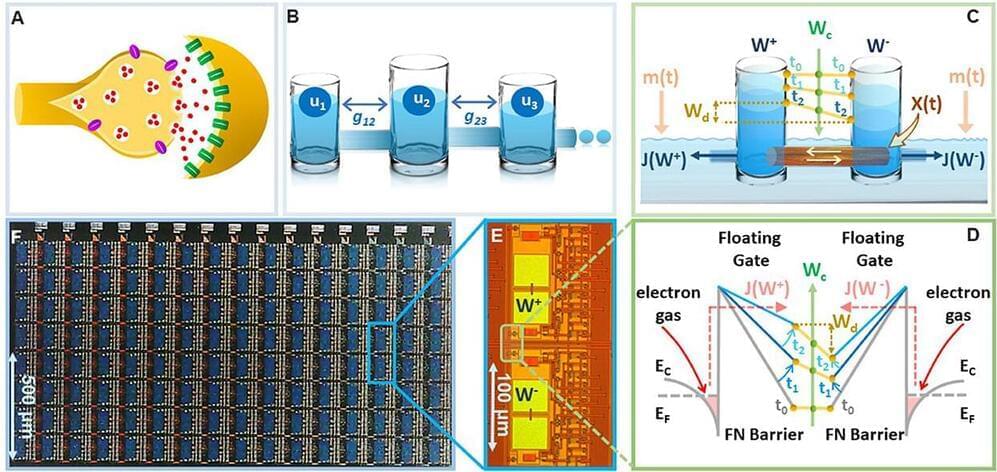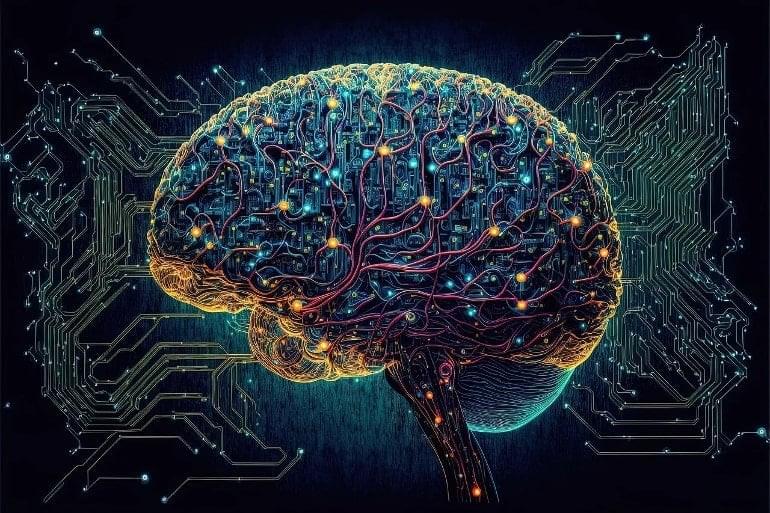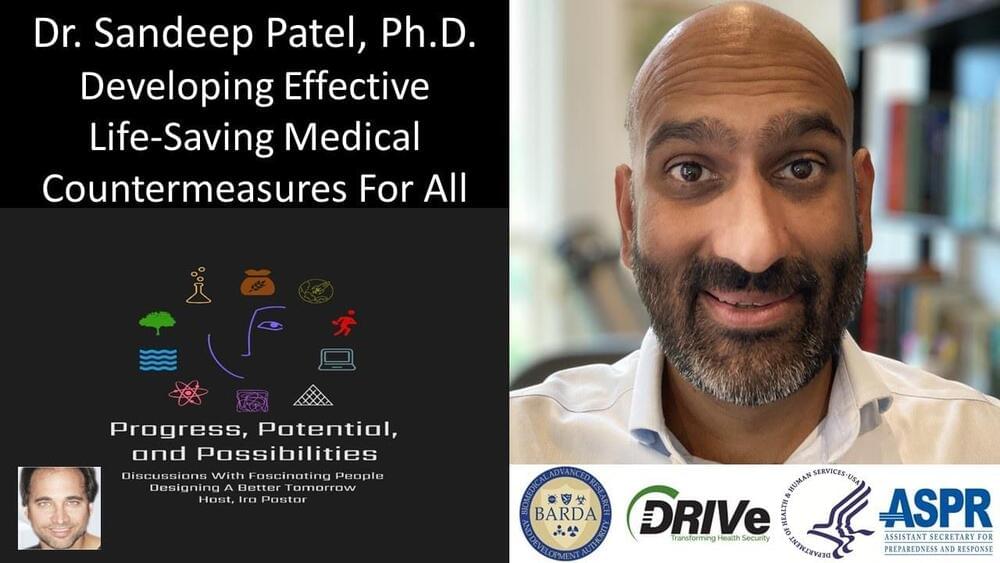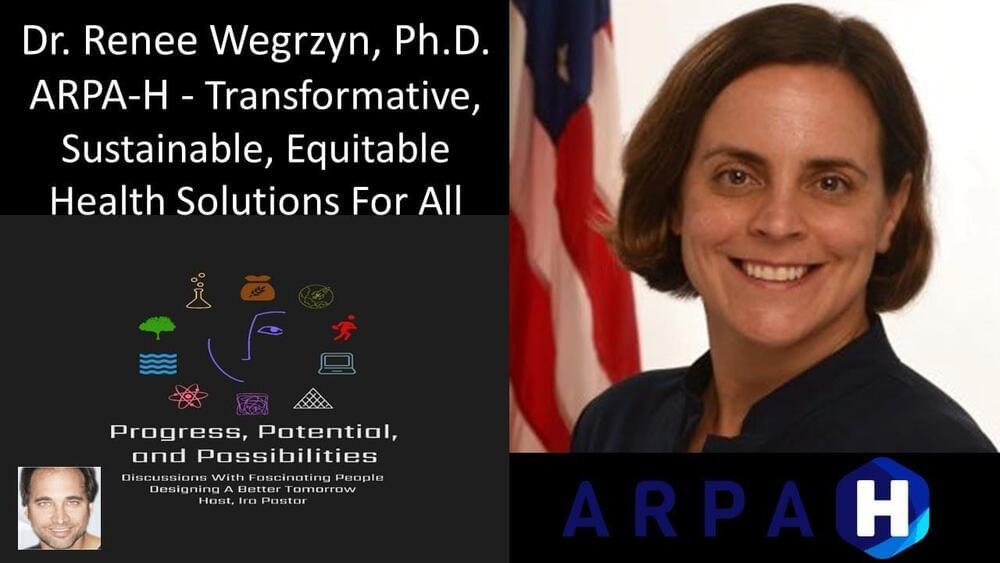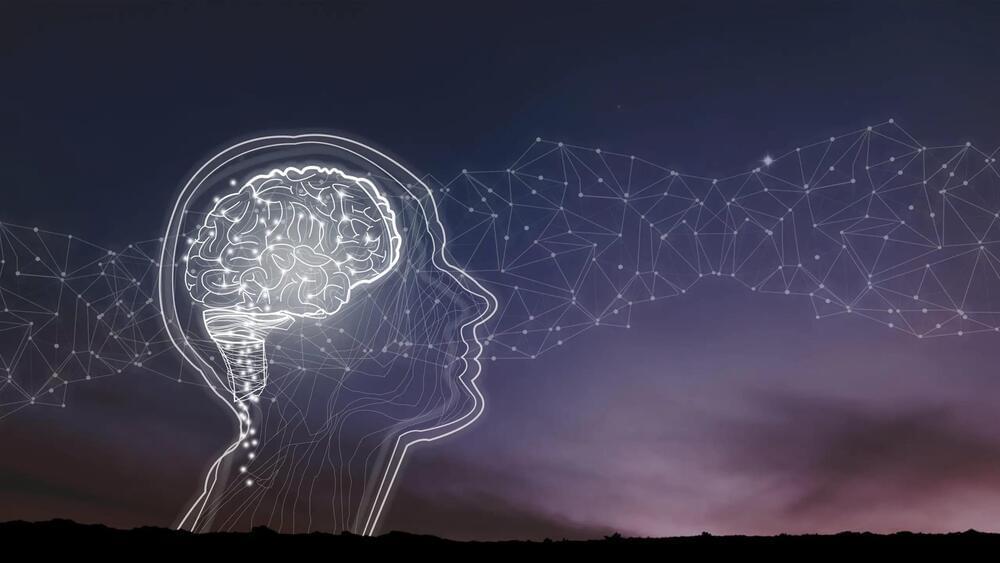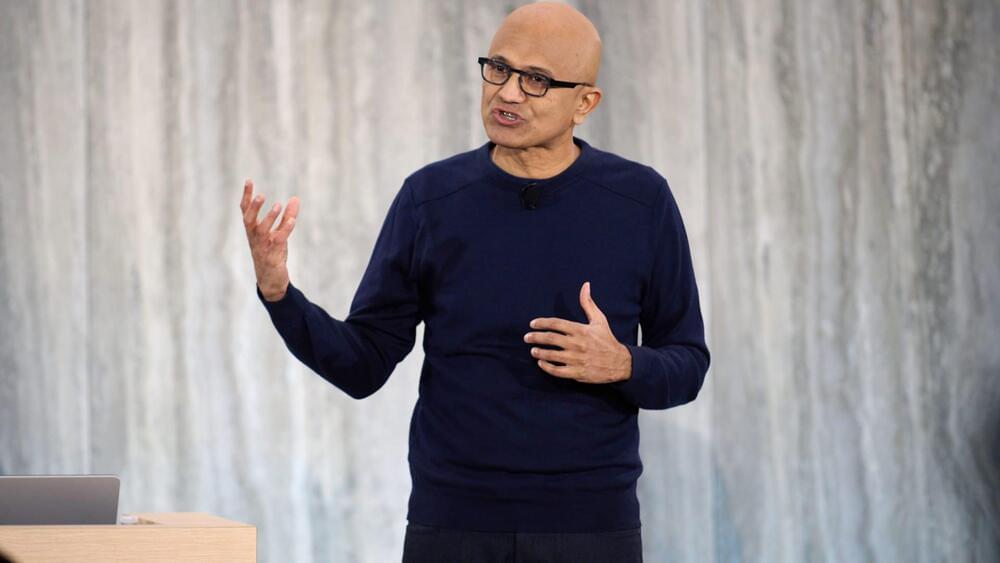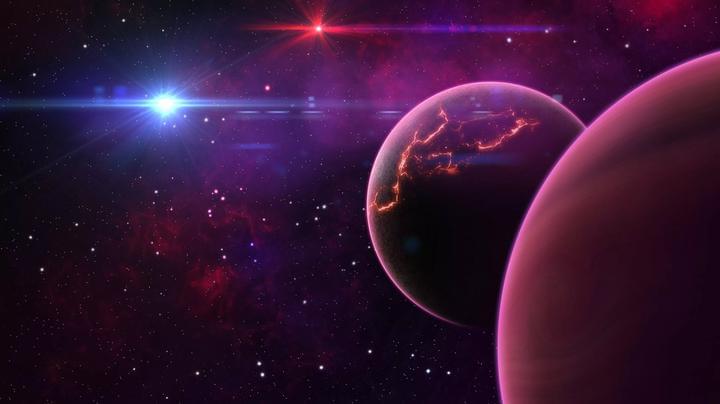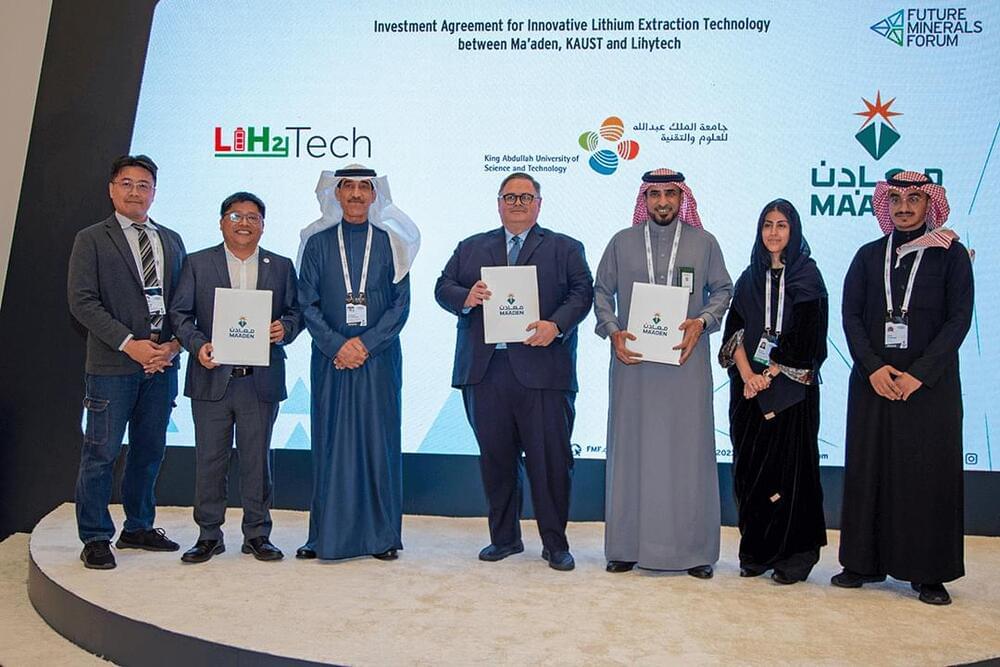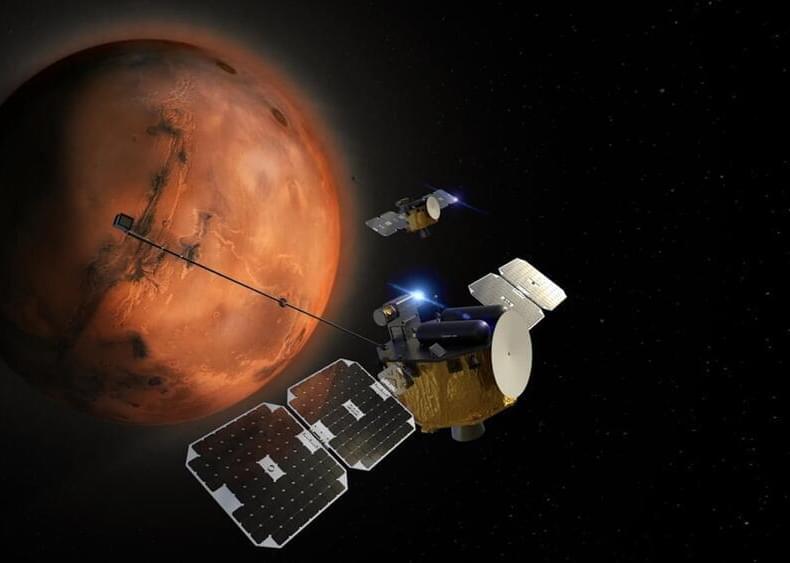Feb 10, 2023
Consciousness in the machine
Posted by Jose Ruben Rodriguez Fuentes in categories: biological, robotics/AI
Earlier this year, Google fired Blake Lemoine, for claiming that the company’s chatbot was a self aware person. While the claim was derided, the belief that one day AI will become conscious is widespread and, according to a recent survey, held by 79% of experts. But many claim this is a fundamental error. While machines are becoming ever more capable and intelligent we still have no idea how a machine could create consciousness nor are neuroscientists able to provide an explanation for how the human brain does so.
Should we accept that consciousness arises in biological beings and that AI just isn’t made of the ‘right stuff’? Or, is it possible that a computer that observes, interacts, and represents its own internal state to itself might also give rise to consciousness? Then again, is the puzzle deeper still on the grounds that we have no means of determining whether an intelligent machine, an organism or even a person other than ourselves is conscious or not?
Legendary anti-reality theorist Donald Hoffman, fearless computer scientist and philosopher Bernardo Kastrup and distinguished AI ethicist and philosopher Susan Schneider lock horns over the possibility of AI consciousness. Theories of Everything’s Curt Jaimungal hosts.

